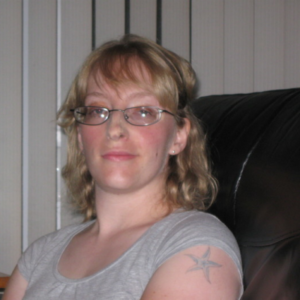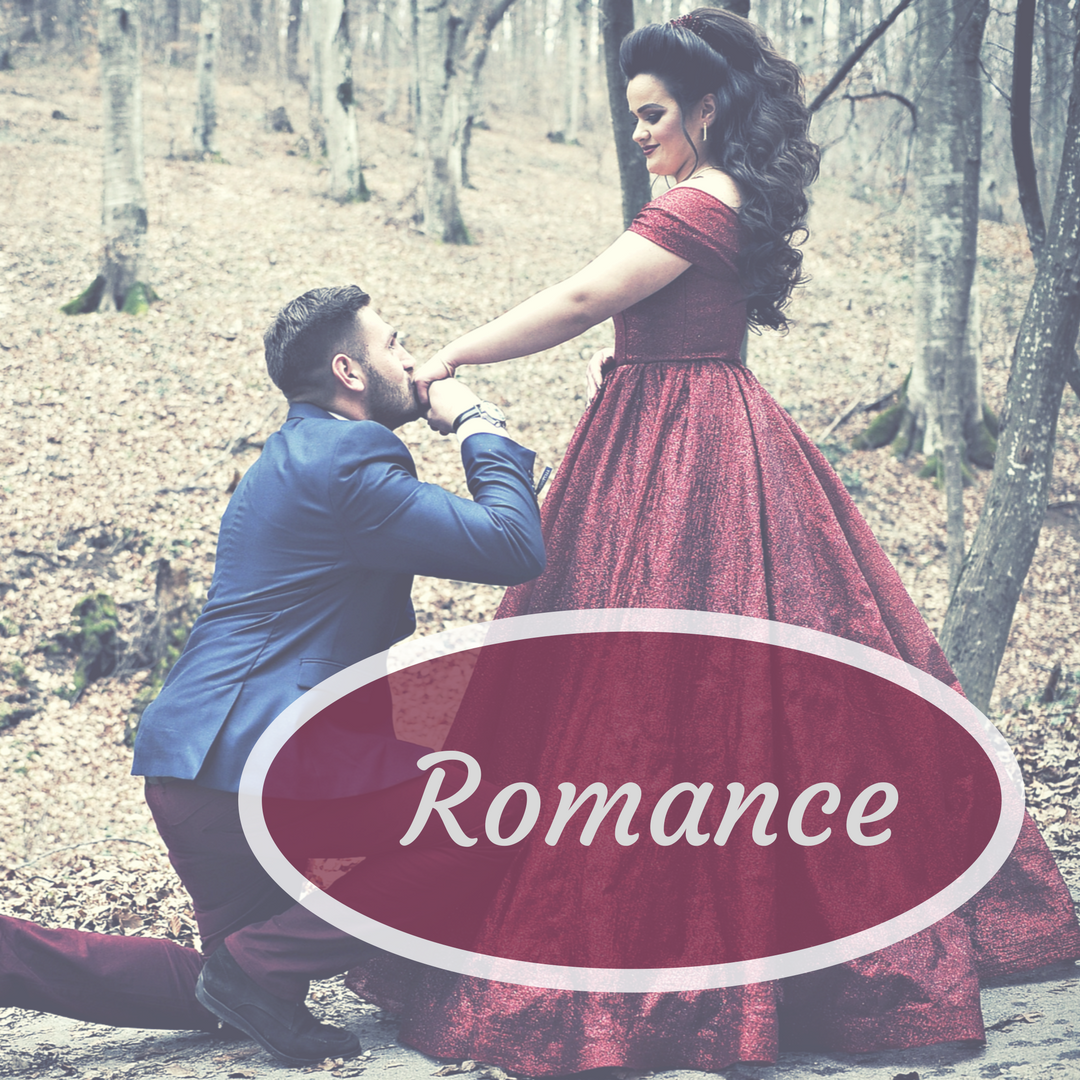So, you’re a writer. And you’d like to write fantasy and science fiction. You have a great idea for a story set in a world of dragons, sea monsters, and wizards. Or on a space ship orbiting a distant planet. This all feels so exciting, and you can’t wait to get started. Except.
Except you know very well that dragons, sea monsters, and wizards aren’t real. And that man-made space shuttles haven’t yet found a way to orbit planets at the other end of the galaxy. Also, you’re quite aware that many authors have already established fictional worlds of their own in these settings, and you don’t want to rely too heavily on what’s come before – you want to create your own take and leave your mark on these genres.
How do you go about all of this?
Here are some tips, from a self-published fantasy author who has faced all of this herself.
Do your research. Huh? For stuff that doesn’t exist yet, or may never have existed at all? Yup, that’s right. As we’ve already noted, there are numerous published titles in the fantasy and sci-fi markets, which have created a sort of baseline for the genres. So, find out just what has come before your work – but don’t feel obligated to adhere to any of it. Genre novels run the risk of becoming clichéd, and readers can get tired of hackneyed plot devices and cardboard character archetypes. This brings me straight to my next point…
Be original. Once you’ve figured out what all the tropes (or common elements) of recent sci-fi and fantasy are, attempt to break them. For example, we’ve all read several tales of nasty aliens trying to wipe out humanity by nefarious means. Why not write a novel about kind aliens who want to help us reverse pollution to the environment and cure disease?
Before I started writing my fantasy series, The Order of the Twelve Tribes, I dug and dug through literature on mythology, fairytales, Tolkien and CS Lewis and JK Rowling, hoping to find a “hook” that would make future readers sit up and take notice. In the end, I went with a snippet of Celtic Christian folklore I stumbled across, connecting the origin of fairies to Fallen Angels after the War in Heaven. And one of the main praises from my subsequent reviews has been the originality of the premise.
Where necessary, find out how things really work. Yes, you are building a fictional world, but it still needs to make sense. If you have a magic system, determine early on how it operates. Can your characters acquire it, or do they have to be born with the ability? Does it come from an outside power source or influence (such as the One Ring in Middle Earth)?
Are your characters in a galaxy far, far away, but still human? Then what requirements would their planet/space ship need in order for the survival of their carbon-based life forms? If a race of dragons – or aliens – has remained undiscovered for x number of centuries by your protagonists, how did that happen? Was there a lack of funds for space travel in your home setting? Were the dragons suspected of being extinct, and they used this to their advantage, hiding deep in remote wilderness?
Readers will appreciate that you fleshed out the details.
Self-published author and blogger Daley Downing is also a stay at home parent, autistic adult, ballet teacher, and cat lover. She spends her days writing the YA fantasy series “The Order of the Twelve Tribes,” and wrangling special needs children.



 We love helping your growing in your writing career.
We love helping your growing in your writing career.

1 Comment
Just moved to Sun Lakes and am looking for writers in the horror/fantasy genre to workshop with. “BARBIZ” is about a bar that a demon has infiltrated, and the owner discovers he has been chosen to kill it.